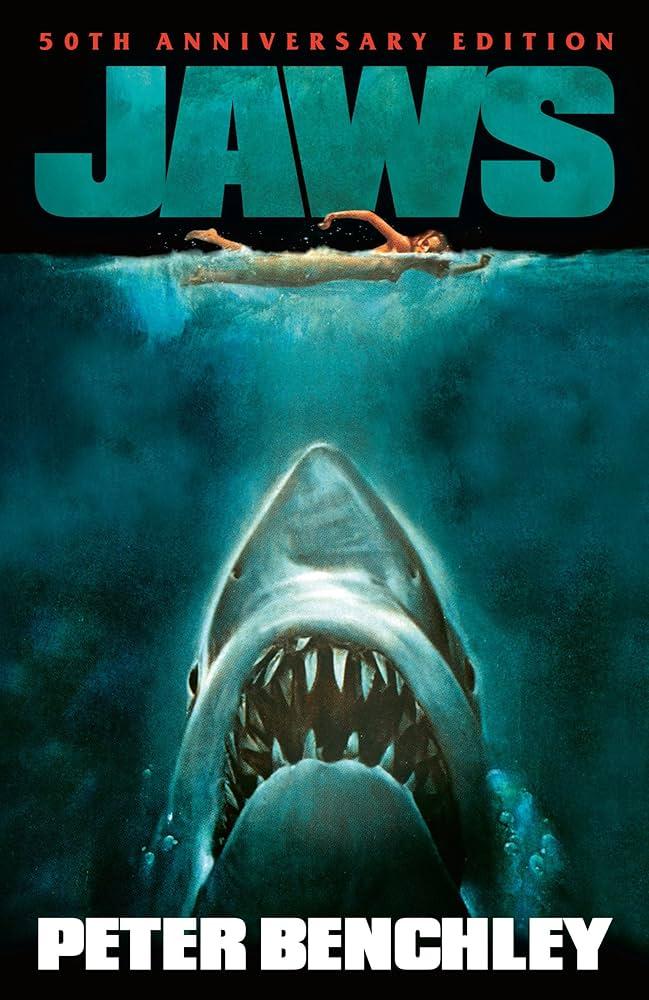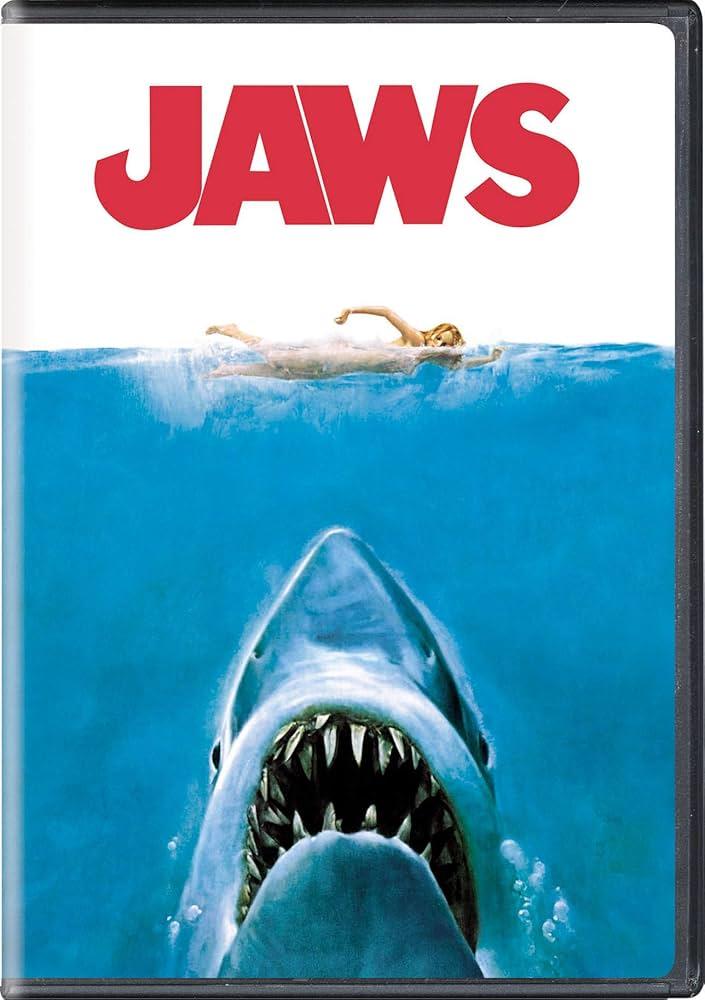In the vast ocean of cinematic thrillers, few films have cast as long a shadow as Steven Spielberg‘s 1975 masterpiece, Jaws. As the quintessential summer blockbuster, it not only redefined the genre but also rewrote the rules of suspense, leaving audiences teetering on the edge of their seats and wary of the water for generations. But does Jaws truly deserve the title of the best thriller of all time? In this deep dive, we’ll explore the chilling brilliance that lurks beneath the surface of this iconic film, examining its relentless grip on our collective psyche and its enduring legacy in the annals of film history. Prepare yourself as we plunge into the depths of cinematic excellence and unravel whether Jaws is indeed the apex predator in the world of thrillers.
Masterpiece of Suspense: Analyzing Spielbergs Cinematic Brilliance
When discussing the art of suspense in cinema, Steven Spielberg’s Jaws emerges as a prime example of cinematic brilliance. Released in 1975, this film not only redefined the thriller genre but also established Spielberg as a master of tension and storytelling. The movie’s success can be attributed to several key elements:
- Unforgettable Score: The haunting, minimalist theme composed by John Williams is a masterclass in building suspense. Its simple yet powerful two-note motif became synonymous with impending danger, gripping audiences worldwide.
- Innovative Filmmaking Techniques: Spielberg’s decision to limit the shark’s screen time due to technical issues inadvertently heightened the film’s suspense. The unseen menace lurking beneath the waves kept viewers on edge, proving that sometimes less is more.
- Character-Driven Narrative: Beyond the thrills, Jaws excels in character development. The dynamic between Chief Brody, Quint, and Hooper adds depth to the story, transforming the film into a compelling human drama.
These elements combined to create a film that not only terrified audiences but also captivated them with its artistry. Spielberg’s masterpiece continues to influence filmmakers and thrill seekers, making it a strong contender for the title of the greatest thriller of all time.
Cultural Impact and Legacy: How Jaws Redefined the Thriller Genre
In 1975, Steven Spielberg’s Jaws burst onto the silver screen, forever altering the landscape of the thriller genre. Its revolutionary approach to suspense, paired with an iconic score by John Williams, introduced audiences to a new level of cinematic tension. Spielberg’s masterful direction kept viewers on the edge of their seats, utilizing the unseen terror lurking beneath the waves to incite fear and anticipation. This innovative technique paved the way for future filmmakers to explore the power of suggestion over explicit visuals.
The legacy of Jaws is profound and multifaceted, influencing not only the thriller genre but also the broader film industry. Consider its impact on:
- Summer Blockbusters: Jaws set the precedent for the summer blockbuster, demonstrating that films released during this season could achieve monumental success.
- Filmmaking Techniques: The film’s use of practical effects and strategic suspense continues to inspire directors worldwide.
- Pop Culture: With memorable lines and scenes, Jaws has become ingrained in popular culture, echoing through decades of cinematic history.
The ripple effects of this cultural phenomenon are still felt today, affirming its status as a pivotal moment in the evolution of thrillers.

Character Depth and Storytelling: Unpacking the Films Enduring Appeal
The genius of Jaws lies not just in its suspenseful storytelling but in its intricate character development. At the heart of this thriller, we find a trio of protagonists whose depth adds layers to the narrative. Chief Brody, the quintessential everyman, battles both the shark and his own fear of the water. Quint, the seasoned shark hunter, is driven by a personal vendetta that hints at a deeper, traumatic past. Then there’s Hooper, the oceanographer, whose scientific curiosity provides a foil to Quint’s brute force. Together, these characters create a dynamic that goes beyond mere survival, exploring themes of courage, obsession, and camaraderie.
- Brody’s Evolution: His journey from fear to heroism mirrors the audience’s own trepidation and eventual triumph.
- Quint’s Complexity: His layered persona is a study in contrasts, blending humor with haunting history.
- Hooper’s Rationality: Offers a modern perspective, emphasizing the role of intellect in the face of primal fear.
It’s these well-crafted characters, intertwined with a gripping plot, that elevate Jaws beyond a simple monster movie. The interplay between their distinct personalities not only propels the narrative forward but also ensures the film’s enduring appeal, resonating with audiences on multiple levels.

Crafting Fear: The Art of Building Tension and Suspense in Jaws
In the realm of cinematic thrillers, few films have managed to masterfully craft an atmosphere of fear and suspense quite like Jaws. Steven Spielberg’s ingenious use of tension-building techniques transforms what could have been a straightforward monster movie into a nerve-wracking masterpiece. The film capitalizes on the primal fear of the unknown lurking beneath the waves, using the ocean itself as a vast, unpredictable entity that both conceals and reveals the terror of the great white shark.
The effectiveness of suspense in Jaws is built on several key elements:
- Minimalistic Score: John Williams’ iconic, minimalist score is a stroke of genius, evoking a sense of impending doom with just a few notes.
- Point-of-View Shots: The use of underwater point-of-view shots immerses the audience in the shark’s perspective, heightening the tension as it stalks its prey.
- Delayed Reveal: Spielberg’s decision to delay the full reveal of the shark increases anticipation and keeps viewers on edge.
- Character Reactions: The terror and urgency conveyed through the characters’ reactions amplify the fear, making it palpable and relatable.
Through these techniques, Jaws transcends its genre, crafting a legacy of suspense that lingers long after the credits roll.









